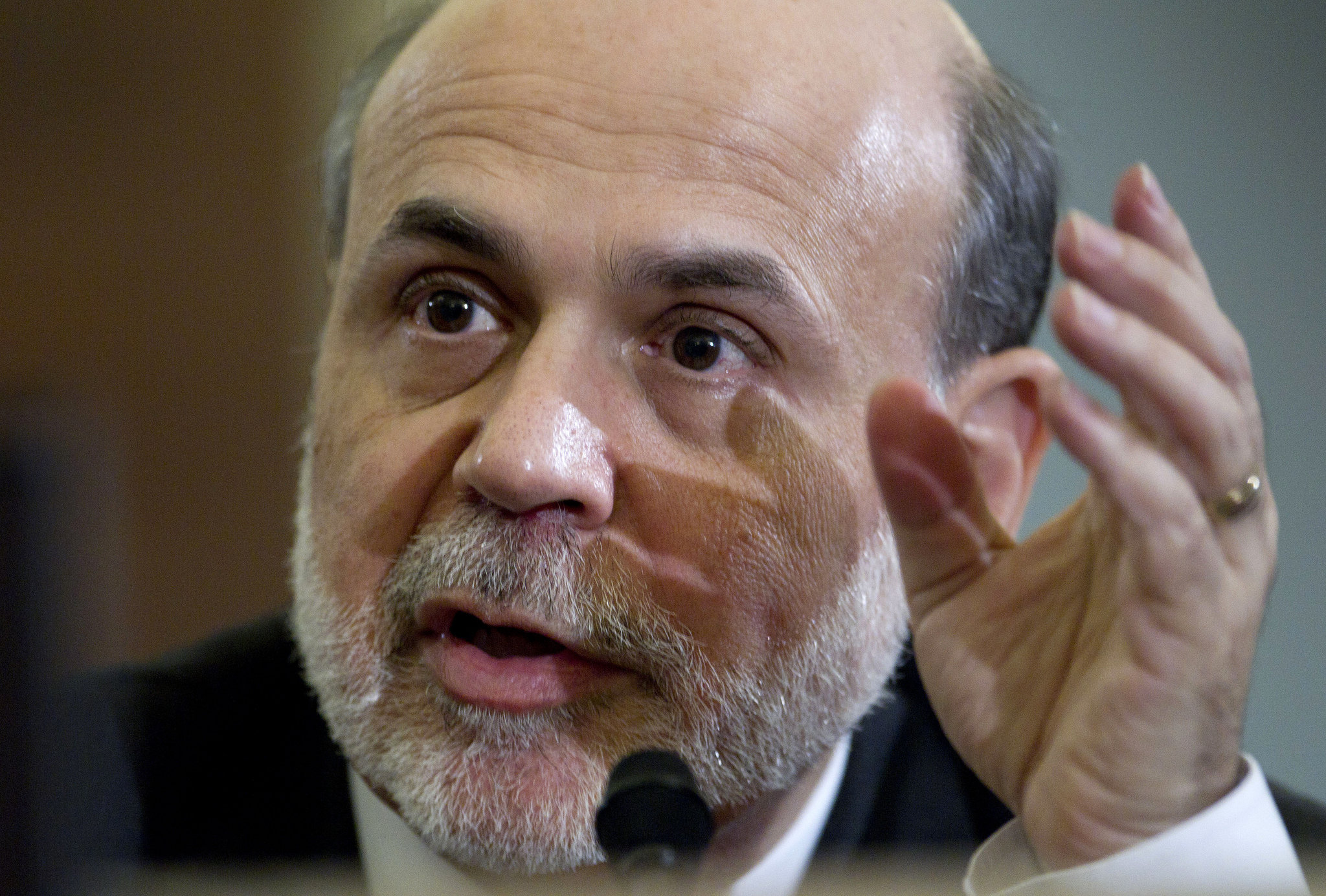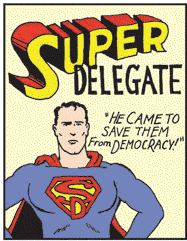(The Verge) –On Friday, August 31, Federal Reserve chairman Ben Bernanke publicly stated that future action and stimulus from the Fed is being planned. More specifically, the chairman emphasized that the focus of Federal Reserve policies will be on the labor market to combat the high unemployment rate. In his address, Bernanke spoke of the possibility of the Federal Reserve buying assets in order to lower bowering costs for industries and corporations while in turn raising stock prices. His rationale was based on a recent study stating that the Fed’s instances of this activity “raised output by 3 percent, and increased employment by 2 million jobs.”
The vagueness of Chairman Bernanke’s address is somewhat troubling, considering there were no real plans set forward. The overall message was that “these actions have had meaningful and positive affects on the economy, but we may or may not act.” It seems as if some economic policy makers are waiting for the situation to become even more bleak before they actually start implementing aggressive measures to stimulate the economy (who would have thought an unemployment rate of 8.2% wouldn’t be bleak enough). Criticism of the Fed is coming from both conservative and liberal economists, but as you can imagine for very different reasons. According to a recent blog post by Nobel Winning economist Paul Krugman, “While you can argue that there are costs to action, the case for major costs is quite weak, and in particular much weaker than the case for major benefits.” Krugman has been a vocal critic of the lack of Federal stimulus that could potentially lift the United States out of its poor economic state with policies that would seek to control inflation (a reasonable 3-4% increase annually) and inject more revenue from the government.
Conservative critics are skeptical of any government action. Economists and politicians (mainly in the Republican Party) promote a strict strategy for deregulation and tax breaks for “job creators” in hopes that this newly unhinged revenue will work its way down from executives to their employees. Classic Reaganomics. The problem with deregulation is that it is not the best tactic to increase the earnings of middle income Americans. A trend occurred during the 1980s (era of severe deregulation) and into the 1990s in which the median incomes of Middle Americans stagnated and decreased while the incomes of top earners grew to levels higher than ever before (see median household incomes 1947-2007). This deregulation set the context for the level of inequality we see today.
Although many politicians and pundits voice their frustration with the federal government and its “ever-expanding powers,” many seem to ignore the fact that historically supply-side tactics have not been all that successful in securing prosperity for all. While many seem to think the Fed should not react (many on the political right, that is) there is no better time for government stimulus to lift us out of this depression. Hopefully chairman Bernanke will be able to overcome the politics of the situation and take action.




